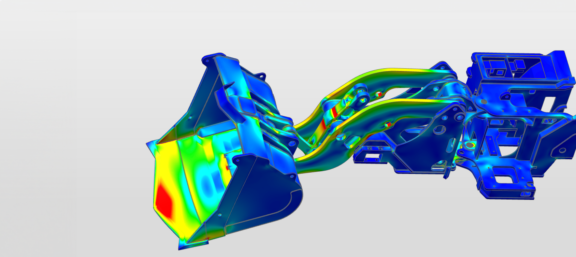It’s critical to understand early in the product development process whether a product or service is feasible for your company. Program scoping—the first step in the product development process—involves discussing and understanding your proposed product or service at a high level with minimal investment.
Program Scoping: Product & Initial Scope Ideation
The program scoping phase’s intent is to be a quick, low-resource commitment activity. During this phase, the product or service idea will be quickly inspected to determine if it has value in pursuing. Your team will evaluate the idea and its scope through tools such as SWOT analyses.
Program scoping eliminates the serious time and cash flow spent on attempting to develop products that don’t fit your company’s strategy or market. Plus, without it, products or services that do fit lose the backbone they need for the best shot at success.
Items Included in the Program Scoping Stage
The ultimate goal of the program scoping phase is to decide whether a product or service is a positive or a negative. Then you’ll outline the requirements to move forward.
The program scoping stage includes items such as:
- First-pass business case and program charter completion: During program scoping, you’ll develop a first-pass business case and a program charter that outlines the scope, timeline, resources required, cost of the project and more.
- Idea screening analysis completion: You’ll answer questions pertaining to whether or not the product or service fits your company’s strategy and if the project is feasible. You’ll also get a feel for the market opportunity surrounding the product or service.
- Team members and leader propositions: Your program scope must include the proposed members of the project team and the leaders of the project to ensure success. This outlines who may be responsible for each part of the process from start to finish.
- First gate approval: At the end of the program scoping process, if the product or service meets all requirements, the project will gain approval at the first gate, or Gate 1. This moves the project on to the team to further develop the detailed business case.
If the project receives a negative Gate result at the end of the program scoping phase, you’ll the need to decide to either shelf the project for another time or kill it altogether.
The RFA and Matric product development process is a derivative of the Stage Gate® process developed by Robert Cooper.
Moving Forward With Your Product? Call RFA & Matrix.
Although product development and the program scoping phases won’t guarantee success, they’ll give your project its best chance. To learn more about RFA’s product development and manufacturing support or Matrix’s engineering consulting, give us a call at 952-843-2700 or send us a message.
Continue Reading
Choosing the Right Protocol in Software Engineering for Industrial IoT
Effective data collection is essential to modern industrial systems for supplying the data needed to train your Machine Learning (ML) and Artificial Intelligence (AI) models, as well as…
Read MoreAugment Your Engineering Team Through Flexible Outsourced Staffing
As engineering needs grow more complex, businesses face constant challenges in meeting specialized demands. Rather than hiring for every skill set, companies are expanding their expertise through outsourcing.
Read MoreAccelerating Innovation with Finite Element Analysis
Simulation has transformed how engineers approach design and development. Finite Element Analysis (FEA), a cornerstone of modern simulation tools, allows teams to create virtual environments for testing and…
Read More
Want to Learn More and Discuss Your Project?
We’re here to support you. Contact us today to get started.



